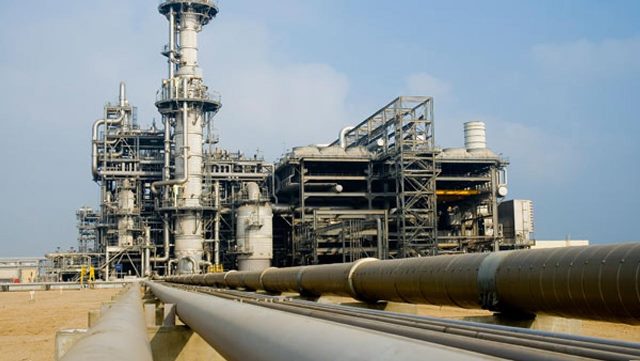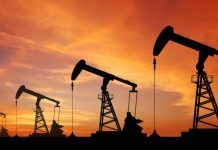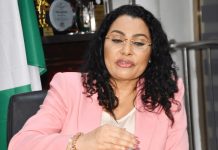For a livable climate, Africa is finding its voice regarding conversations around sustainable energy. Experts in the energy sector are leveraging different speaking opportunities to lend their voices and join the United Nations’ noble cause of cutting greenhouse gas emissions to as close to zero as possible by 2050.
Nigeria is the giant of Africa and one of its indigenous oil exploration and production companies, ND Western is extending its frontiers of commitment to rally other energy sector players in the continent to join hands and chart a course for achieving the UNSDG #7 — affordable and clean energy.
ND Western as a testament to its policy to ensure a sustainable energy mix in Nigeria was a platinum sponsor for the recently held 2022 Africa Oil and Gas Week.
The conference, which was held in Cape Town, South Africa, saw industry experts converge to discuss pertinent matters affecting the industry including sustainability and carbon emissions.
An integral part of the conference centered around tackling deficits in oil and gas production versus consumption. According to conversations in a panel discussion with Eberechukwu Oji, CEO of ND Western, on, “Natural Gas and the African Continent: Bridging Regional and Global Energy Deficit Using Natural Gas as a Transition Fuel,” it was posited that investments in natural and renewable energy coupled with support from policymakers are crucial to bridging the regional and global energy deficit.
“As the Nigerian government translates the new petroleum industry Act, it is creating more opportunities for tangible projects for gas development in Nigeria. This way we can promote the use of natural gas thereby reducing carbon emissions and air congestion in the country. Then, of course, there are businesses like ND Western, an independent producer of gas in Nigeria. With an installed capacity of 600 mmscfd, we currently produce about 350 million cubic feet of gas each day.
“We believe that maximizing gas production to suit the economy’s needs is crucial. With better infrastructure and more support from policymakers we’ll be able to provide Nigeria with alternative clean sources of energy, providing extra benefits to Nigeria and the region,” said Oji.
“Local communities must benefit from gas that’s produced from their environment, which is something our organization plans to address, including job creation.” He added.
The panel session led by Emmanuel Grand, Senior Managing Director, FTI Consulting, expounded on some global energy issues, while also highlighting the need for a more secure and diverse energy supply all over the world.
ND Western is a major supplier of gas to the domestic market and the West African Sub-region which include Ghana, Lomé, and the Benin Republic via the West African Gas Pipeline. ND Western owns 45% of the OML 34 and is part of the Asset Management Team (AMT) charged with the responsibility of managing the asset’s operations. Its strategic positioning makes it instrumental to the development of Nigeria’s economic growth as they supply natural gas to multiple power plants for power generation to the grid as well as supports the growth of multiple industries through gas supply to distribution companies.













